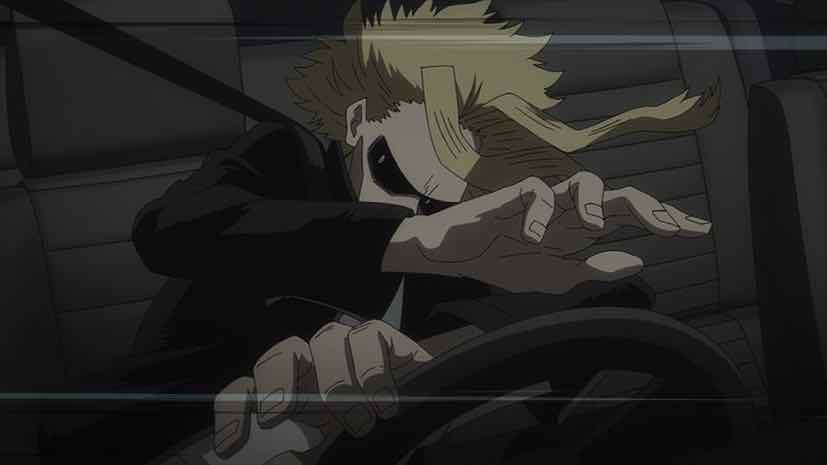 We’re at the point now where the question starts demanding to be asked – is this the best season of Boku no Hero Academia? That it’s even in the conversation is a huge comeback for an adaptation that reached a low ebb with Season 5. It might seem surprising but I knew it was coming of course (and warned you all ad nauseam). With Nagasaki Kenji more involved again (and stylistically it’s clear he is) and some of the best material in the manga, this renaissance was always in the cards. But still, as Jerry (via Buddy) said, it’s so nice when it happens good.
We’re at the point now where the question starts demanding to be asked – is this the best season of Boku no Hero Academia? That it’s even in the conversation is a huge comeback for an adaptation that reached a low ebb with Season 5. It might seem surprising but I knew it was coming of course (and warned you all ad nauseam). With Nagasaki Kenji more involved again (and stylistically it’s clear he is) and some of the best material in the manga, this renaissance was always in the cards. But still, as Jerry (via Buddy) said, it’s so nice when it happens good.
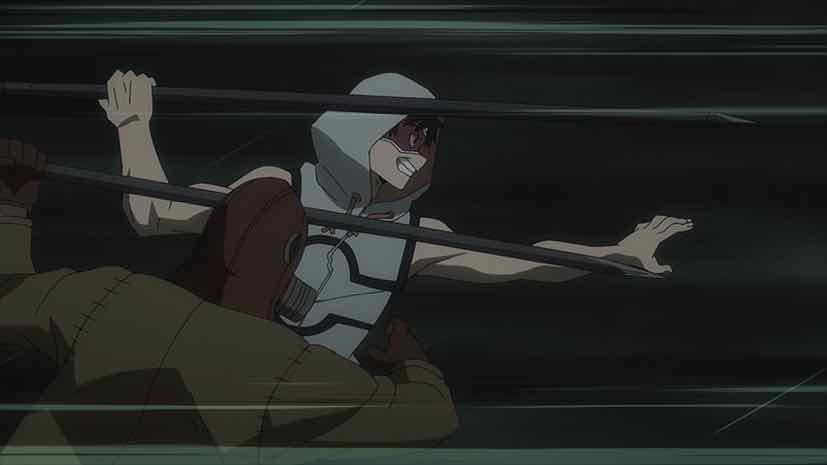 Here was an episode that had pretty much everything you look for in a HeroAca classic. A charismatic villain, a lovingly animated and choreographed fight, pathos out the ying-yang. Hell, we even got some All Might heroics – and those are basically extinct in the series mythology at this point. It was also (and this is not to be underestimated) thematically 100% aligned with what Horikoshi-sensei has been building towards. We didn’t get here by accident – we’ve been building up to it for 134 episodes.
Here was an episode that had pretty much everything you look for in a HeroAca classic. A charismatic villain, a lovingly animated and choreographed fight, pathos out the ying-yang. Hell, we even got some All Might heroics – and those are basically extinct in the series mythology at this point. It was also (and this is not to be underestimated) thematically 100% aligned with what Horikoshi-sensei has been building towards. We didn’t get here by accident – we’ve been building up to it for 134 episodes.
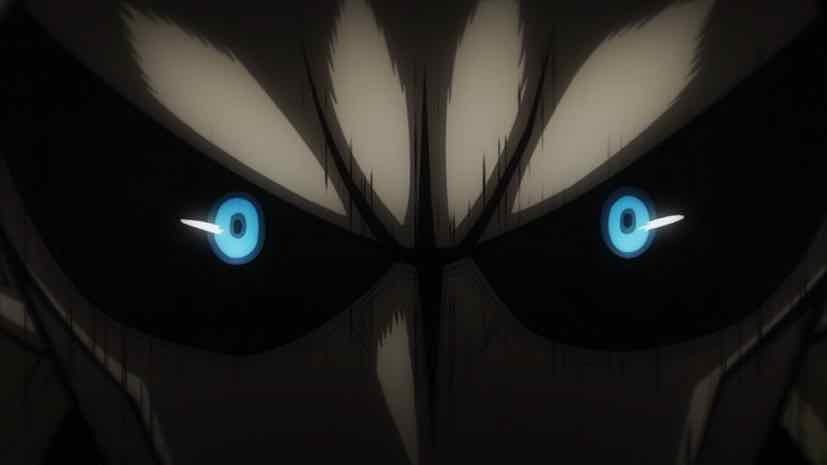 Deku starts out by making what for almost everyone else would be a fatal mistake. It doesn’t occur to him that Lady Nagant might have multiple quirks, which renders all his calculations inaccurate. Of course she makes the same mistake, which makes you wonder just how much All For One told her. He didn’t trust her, clearly, as events later in the episode will demonstrate (he probably doesn’t trust anybody, per se). Having access to all those quirks is no panacea for Izuku. He still has to be able to use them more or less simultaneously, and he’s not trained up to do that yet.
Deku starts out by making what for almost everyone else would be a fatal mistake. It doesn’t occur to him that Lady Nagant might have multiple quirks, which renders all his calculations inaccurate. Of course she makes the same mistake, which makes you wonder just how much All For One told her. He didn’t trust her, clearly, as events later in the episode will demonstrate (he probably doesn’t trust anybody, per se). Having access to all those quirks is no panacea for Izuku. He still has to be able to use them more or less simultaneously, and he’s not trained up to do that yet.
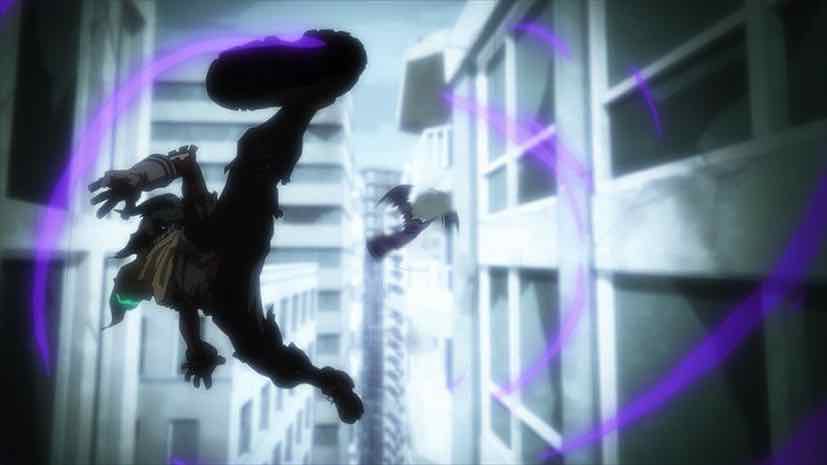 As for Toshinori, it’s quite emotional watching him get into any sort of life and death situation. He’s so fragile, yet retains the heart of the #1 hero. He has to face down his would-be assassins here with nothing more than his strength of character. Fortunately that’s still a formidable weapon – All Might is still in there, and he still has the power to cow and intimidate petty ne’er-do-wells like this. The fact that this is all he can do for Deku know drives him relentlessly. I wouldn’t say Toshinori devalues his own life, but he considers it expendable in service to a larger purpose. Having burdened Izuku with what he has, it’s hard to argue with that line of thinking.
As for Toshinori, it’s quite emotional watching him get into any sort of life and death situation. He’s so fragile, yet retains the heart of the #1 hero. He has to face down his would-be assassins here with nothing more than his strength of character. Fortunately that’s still a formidable weapon – All Might is still in there, and he still has the power to cow and intimidate petty ne’er-do-wells like this. The fact that this is all he can do for Deku know drives him relentlessly. I wouldn’t say Toshinori devalues his own life, but he considers it expendable in service to a larger purpose. Having burdened Izuku with what he has, it’s hard to argue with that line of thinking.
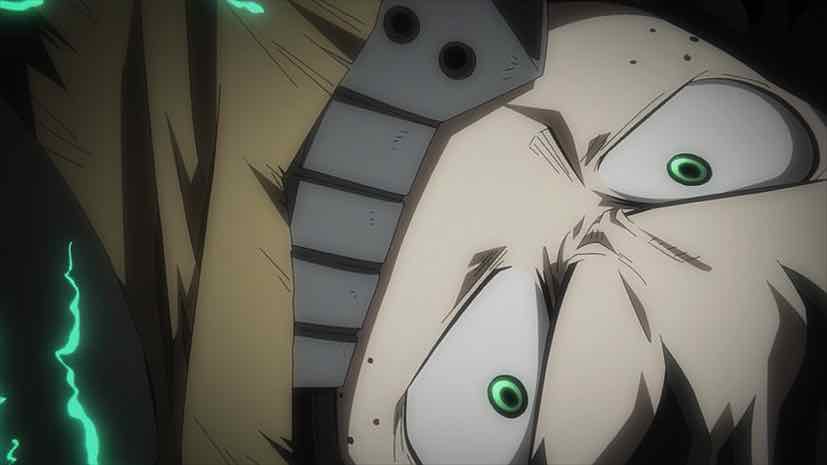 There are really two battles going on between Deku and Lady Nagant. Eventually each catches on that the other is packing multiple quirks and adjusts accordingly. Deku wisely narrows his focus down to a few he can more easily juggle. Sixth’s Smokescreen is essential, as is Blackwhip. But the final piece of the puzzle is “Fa Jin“, the quirk of the third One For All user. With it Deku can repeat a movement and store up it’s kinetic energy in his body, to be released in an explosive burst at a time of his choosing. This is especially well-paired with Smokescreen, because Fa Jin allows Deku to exit the smoke with a surprise up his sleeve. Well – more accurately here, his pant legs.
There are really two battles going on between Deku and Lady Nagant. Eventually each catches on that the other is packing multiple quirks and adjusts accordingly. Deku wisely narrows his focus down to a few he can more easily juggle. Sixth’s Smokescreen is essential, as is Blackwhip. But the final piece of the puzzle is “Fa Jin“, the quirk of the third One For All user. With it Deku can repeat a movement and store up it’s kinetic energy in his body, to be released in an explosive burst at a time of his choosing. This is especially well-paired with Smokescreen, because Fa Jin allows Deku to exit the smoke with a surprise up his sleeve. Well – more accurately here, his pant legs.
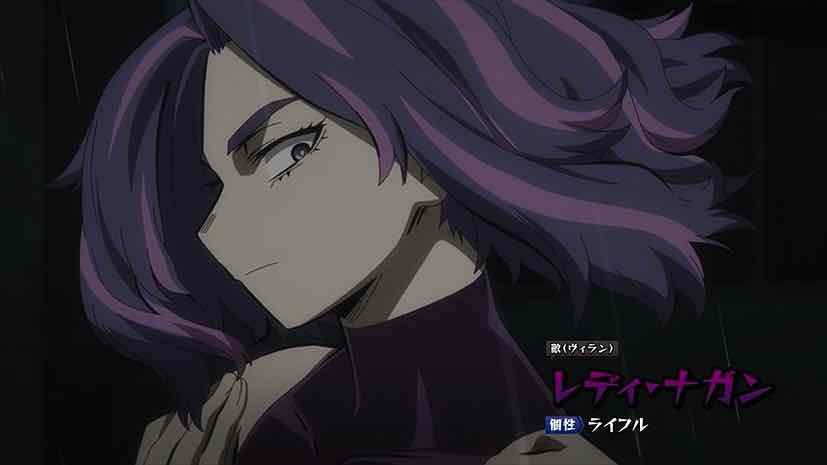 “Faster than a speeding bullet” indeed. Lady Nagant’s response to being outflanked is to target Chisaki. Because she was a hero, Lady Nagant knows Deku’s impulse will be to protect anyone who might be taken out on his watch. And she’s right of course – this is not something Deku can turn off like a switch. But his four quirks trump her two, and he’s able to move Chisaki to safety. He still has an important role to play, clearly – because Eri clearly does, too, and Chisaki is inexorably linked with her. But that’s for later – the focus for the moment is the hero and the ex-hero, fighting on different sides because of how they see the same truth.
“Faster than a speeding bullet” indeed. Lady Nagant’s response to being outflanked is to target Chisaki. Because she was a hero, Lady Nagant knows Deku’s impulse will be to protect anyone who might be taken out on his watch. And she’s right of course – this is not something Deku can turn off like a switch. But his four quirks trump her two, and he’s able to move Chisaki to safety. He still has an important role to play, clearly – because Eri clearly does, too, and Chisaki is inexorably linked with her. But that’s for later – the focus for the moment is the hero and the ex-hero, fighting on different sides because of how they see the same truth.
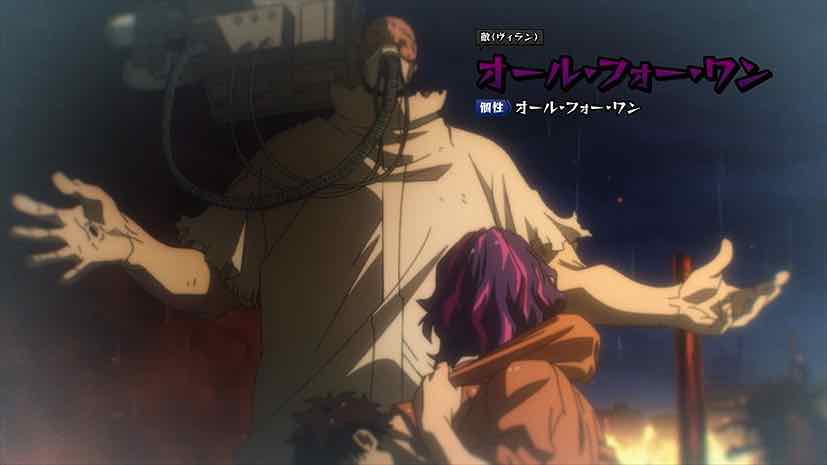 Lady Nagant has a hell of a story, no doubt. Being forced to do evil things for – theoretically – the good of society broke her. Izuku has changed – he’s seen too much to perceive the world as black and white now. The difference is that he, like All Might, looked into the darkness and decided that it needed light that much more. Nagant embraced it. And this, fundamentally, is probably the greatest practical flaw in the “sham society” Lady Nagant not unfairly decries. It takes someone truly exceptional to understand how this world works and not be broken by it. And there just aren’t enough people that exceptional to make this society sustainable in the long haul.
Lady Nagant has a hell of a story, no doubt. Being forced to do evil things for – theoretically – the good of society broke her. Izuku has changed – he’s seen too much to perceive the world as black and white now. The difference is that he, like All Might, looked into the darkness and decided that it needed light that much more. Nagant embraced it. And this, fundamentally, is probably the greatest practical flaw in the “sham society” Lady Nagant not unfairly decries. It takes someone truly exceptional to understand how this world works and not be broken by it. And there just aren’t enough people that exceptional to make this society sustainable in the long haul.
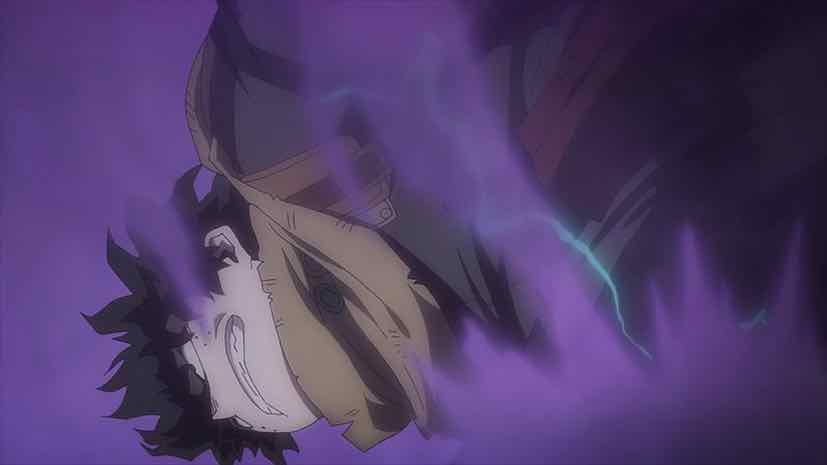 Way back in Season 3 (which would be my other contender for the top spot – it had the best single cour of the adaptation and one of my top 5 moments in all of shounen) I talked about the “gap” Endeavor saw between himself and All Might. This is the essence of that gap, and how the likes of Hawks and Bakugo measure up to it is still to be determined. All For One, being the right bastard he is, has rigged a self-destruct into “Float” in case Lady Nagant betrayed him. And at the very least she wavered in the face of Izuku’s unvarnished devotion to the light.
Way back in Season 3 (which would be my other contender for the top spot – it had the best single cour of the adaptation and one of my top 5 moments in all of shounen) I talked about the “gap” Endeavor saw between himself and All Might. This is the essence of that gap, and how the likes of Hawks and Bakugo measure up to it is still to be determined. All For One, being the right bastard he is, has rigged a self-destruct into “Float” in case Lady Nagant betrayed him. And at the very least she wavered in the face of Izuku’s unvarnished devotion to the light.
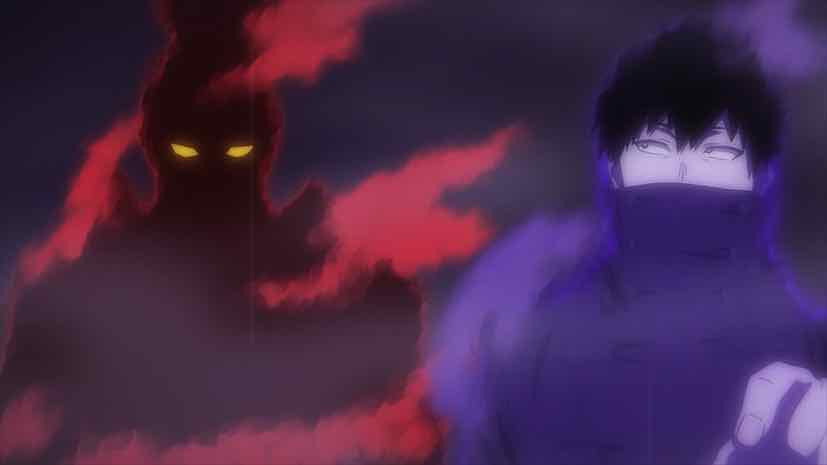 It may be too late for Lady Nagant, but perhaps it’s not too late for Hawks – probably more than anyone precariously balanced on the very precipice between those two worlds. The very foundation of hero society is rooted in exceptionalism – that’s its greatest weakness. But sometimes people can prove to be truly exceptional, as Izuku and Toshinori have. The problem is whether there are enough of them strong enough to pass the test of character this grey world eventually imposes on everyone who calls themselves a hero.
It may be too late for Lady Nagant, but perhaps it’s not too late for Hawks – probably more than anyone precariously balanced on the very precipice between those two worlds. The very foundation of hero society is rooted in exceptionalism – that’s its greatest weakness. But sometimes people can prove to be truly exceptional, as Izuku and Toshinori have. The problem is whether there are enough of them strong enough to pass the test of character this grey world eventually imposes on everyone who calls themselves a hero.


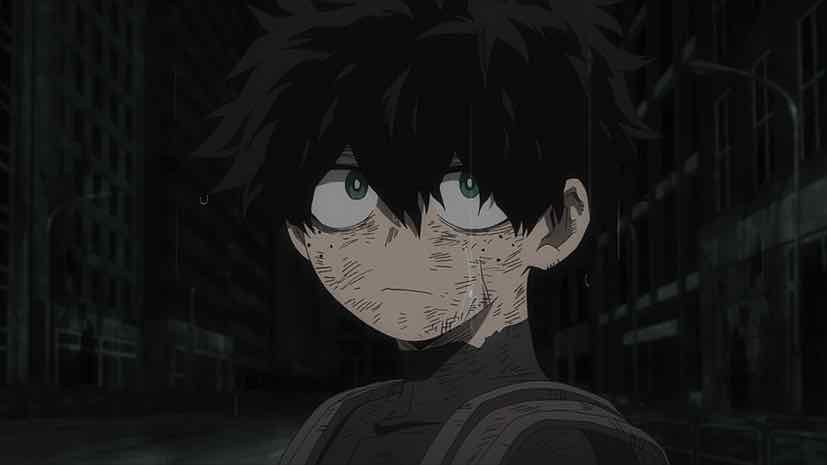
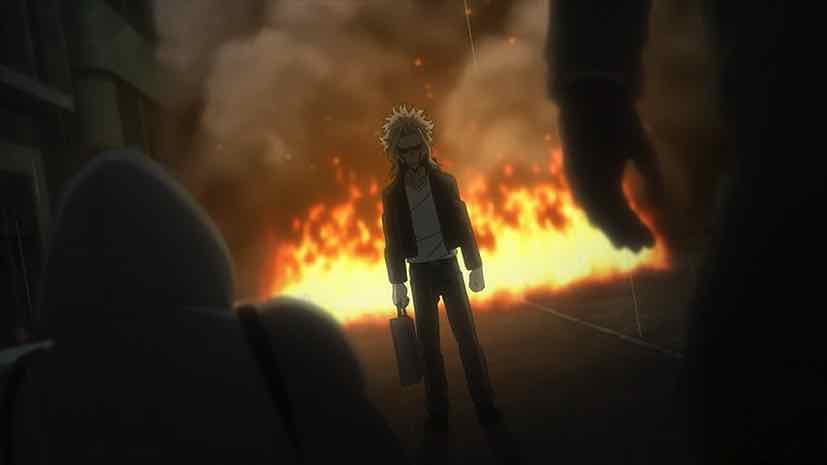
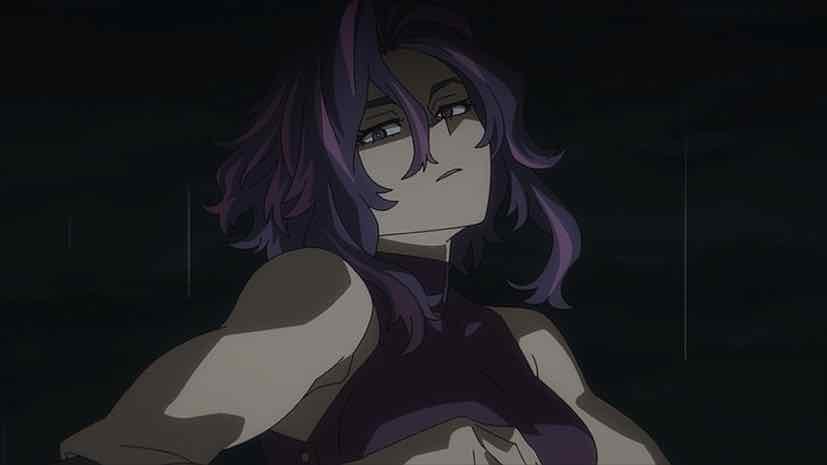
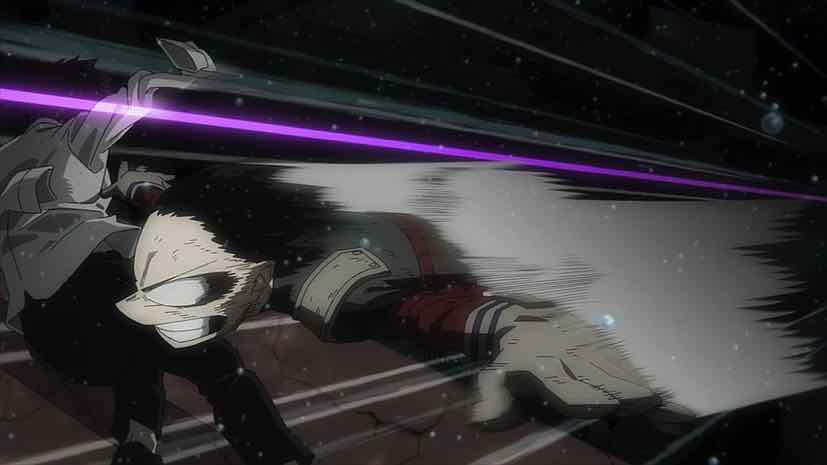
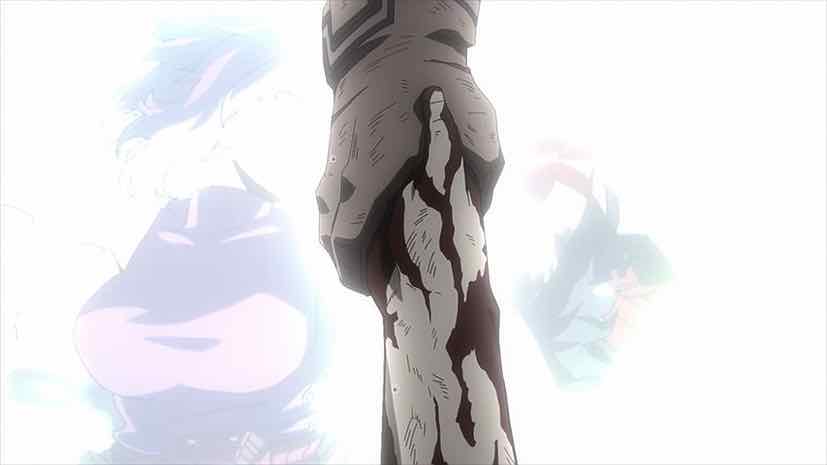
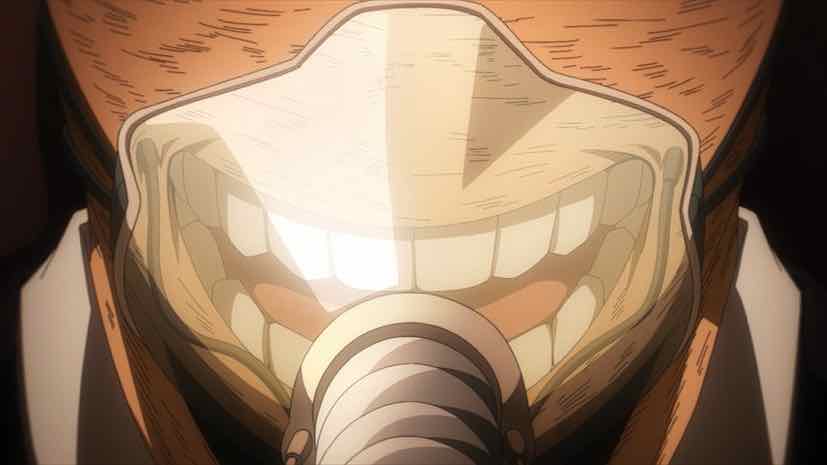
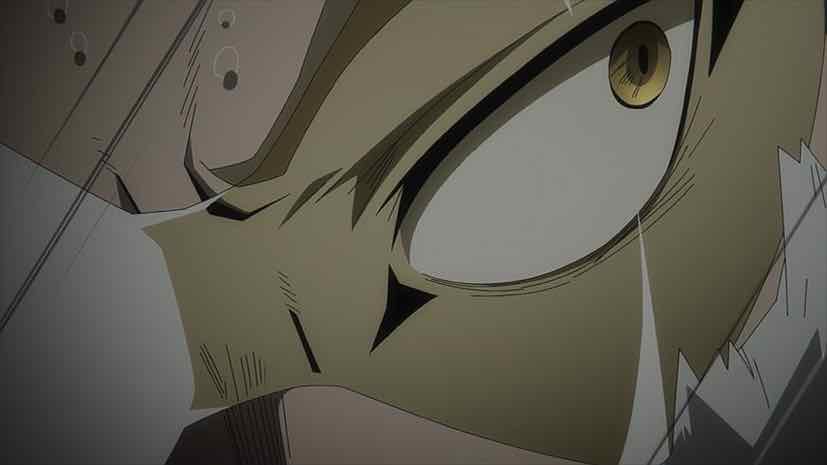
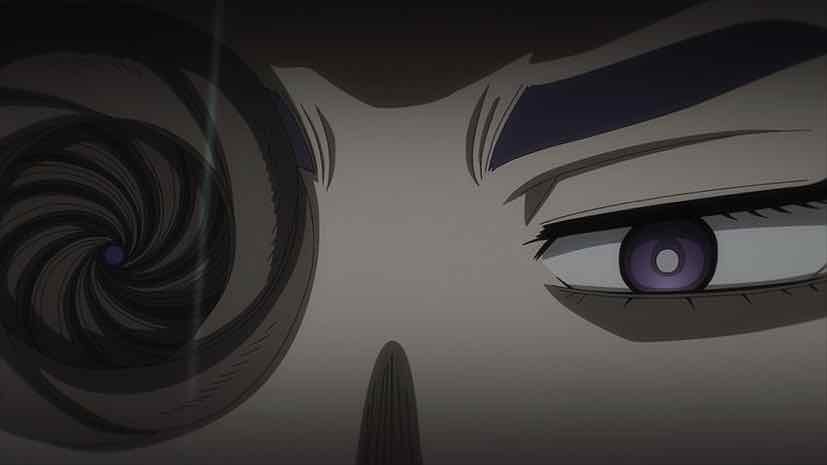
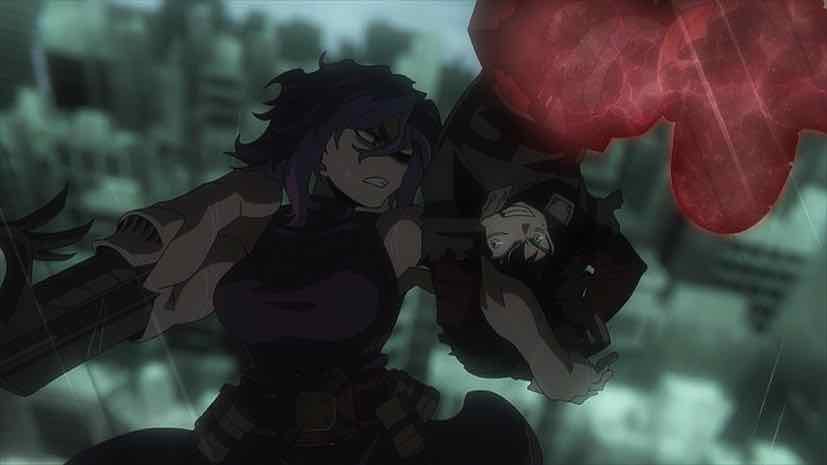
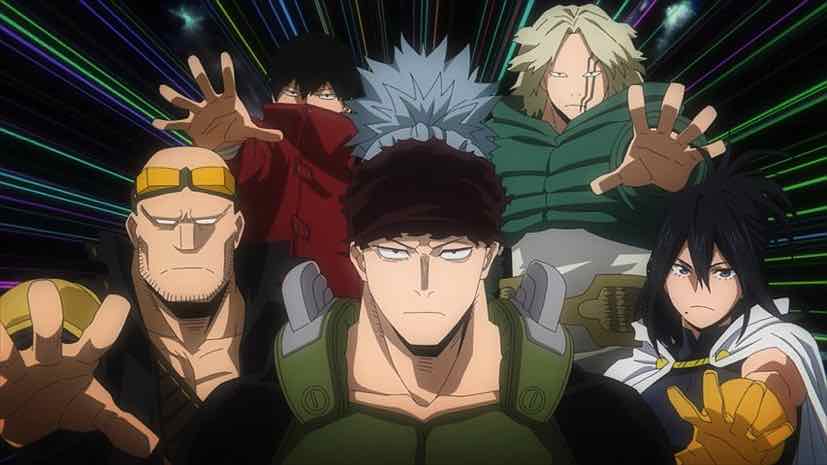
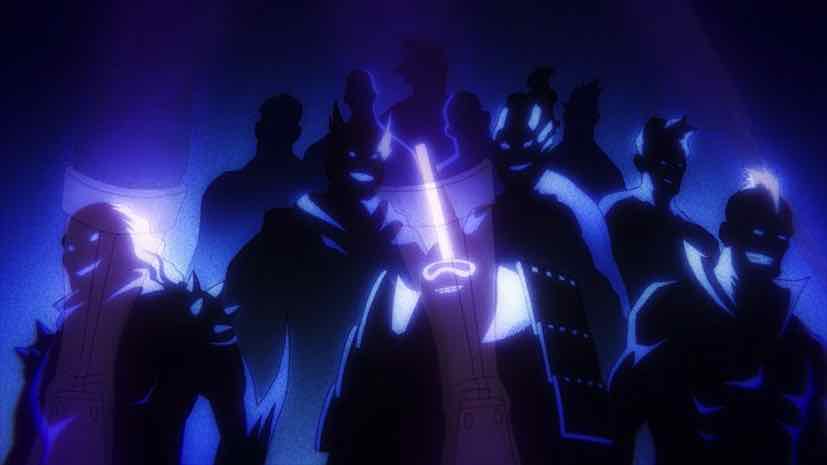
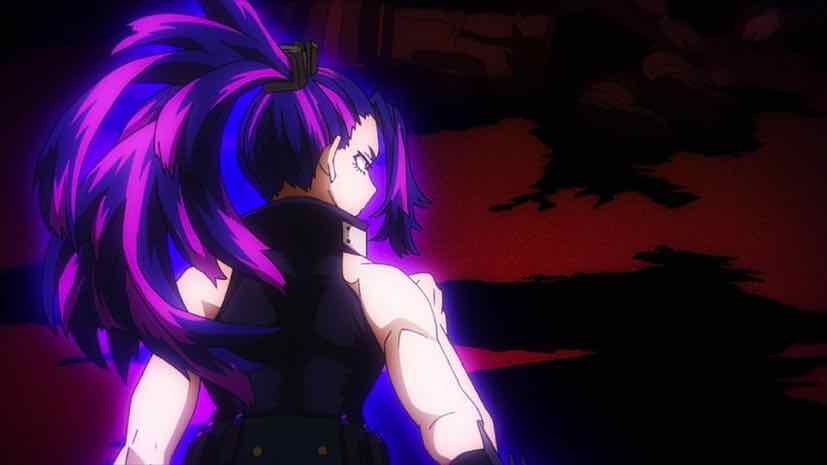
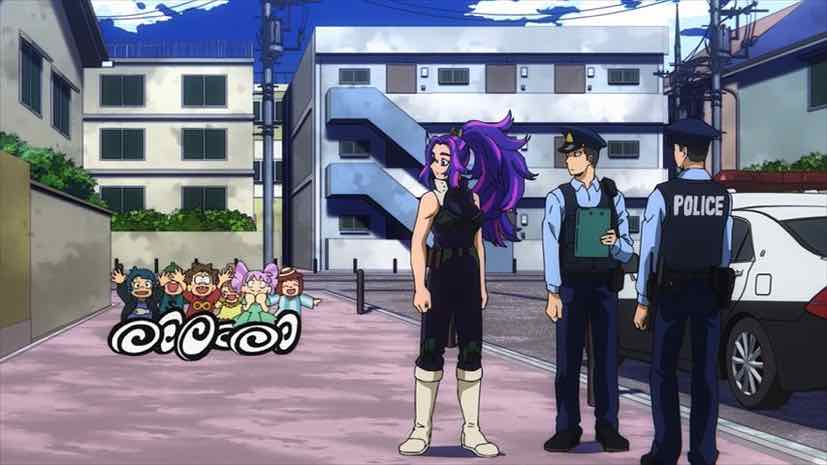
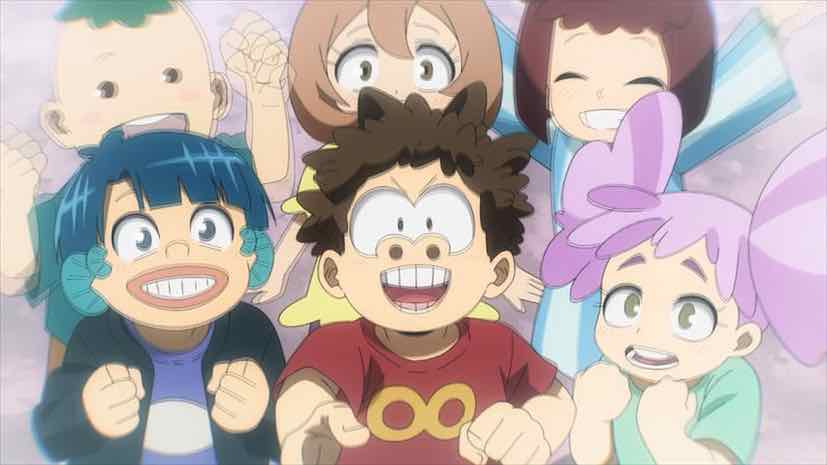
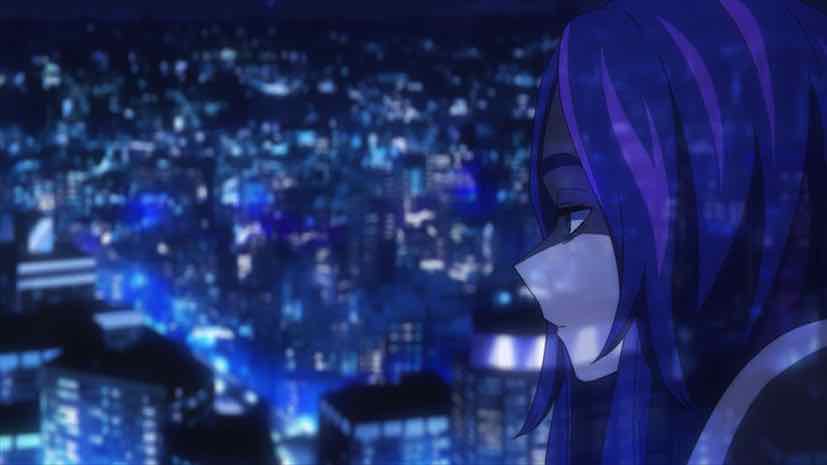
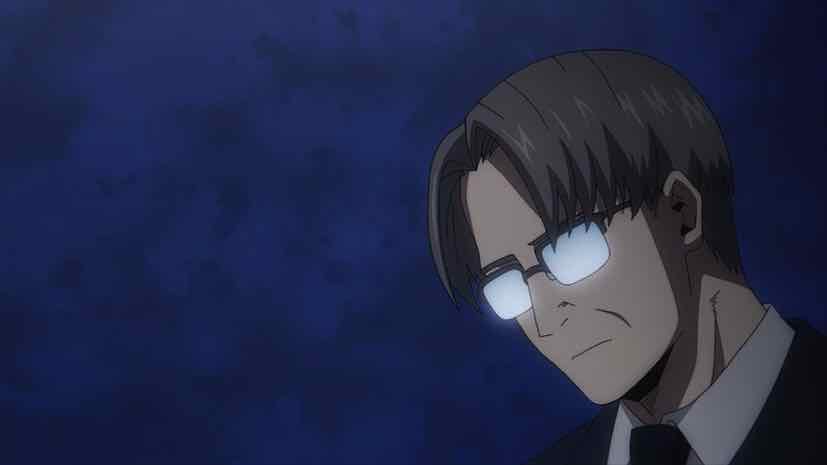
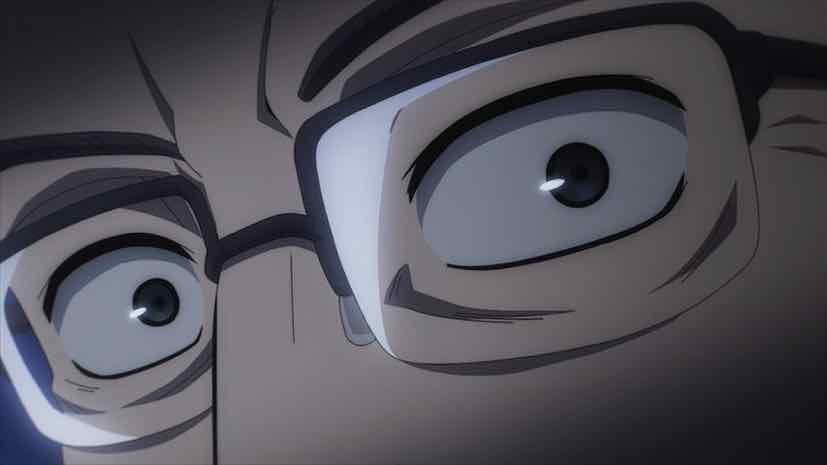
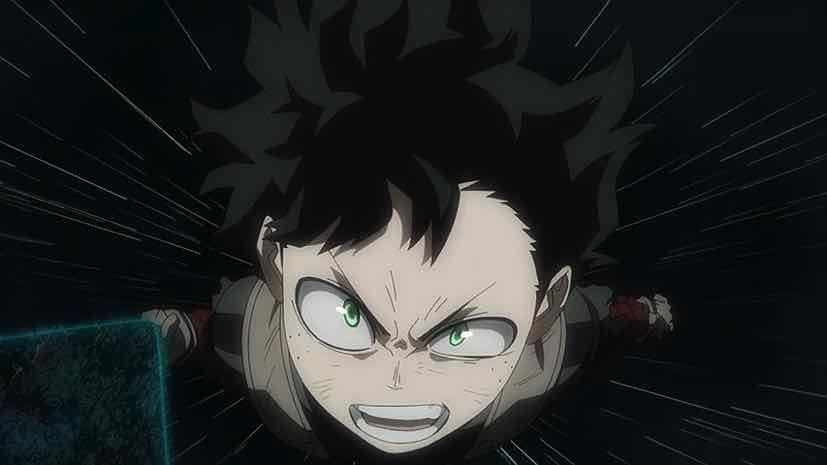
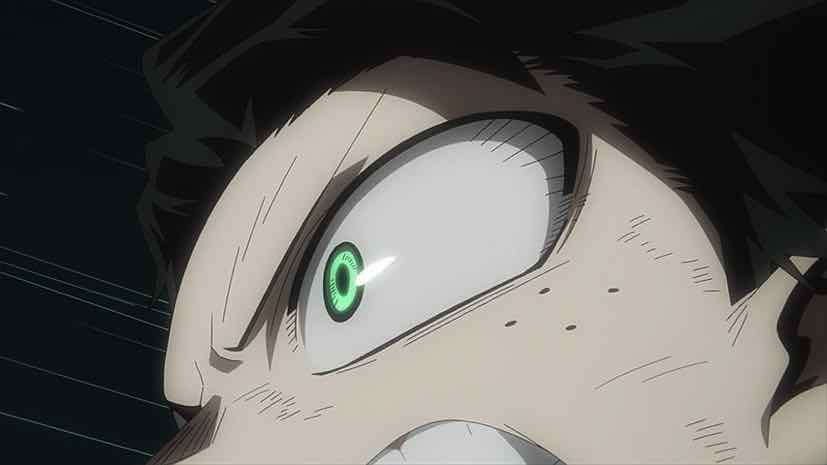
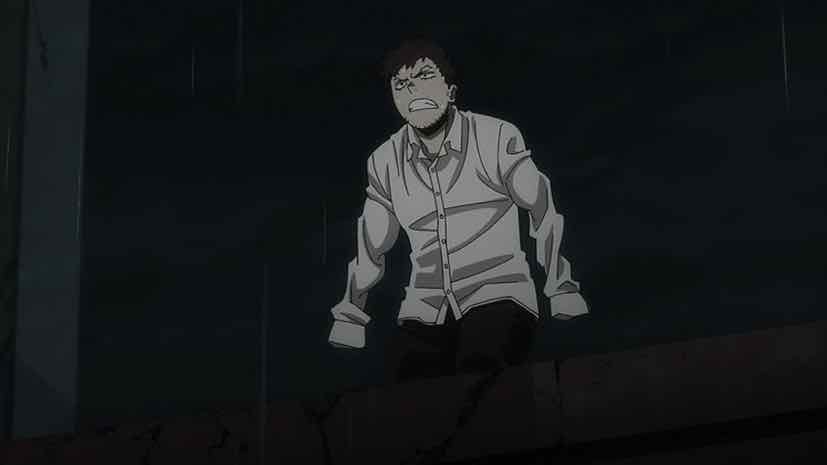
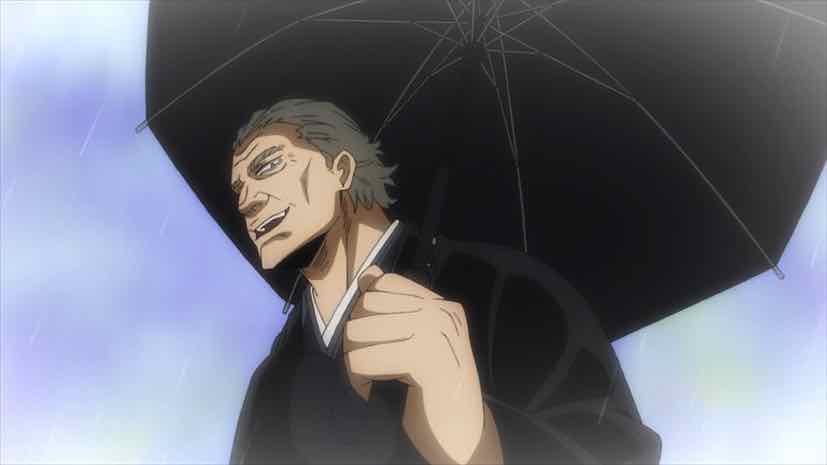
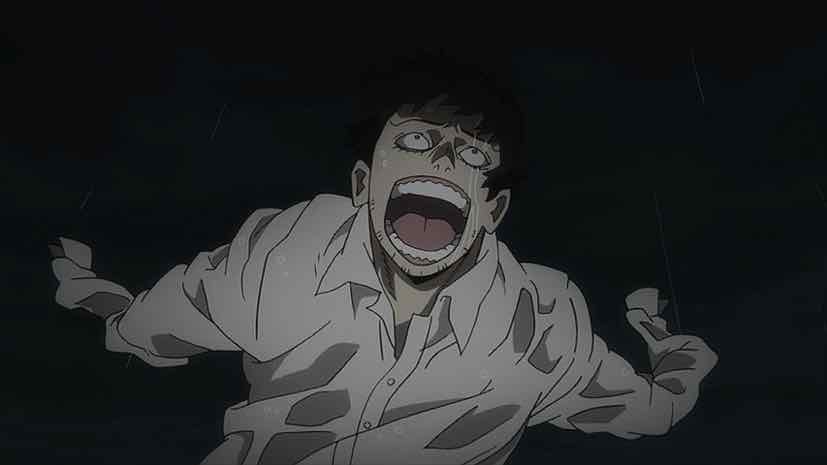
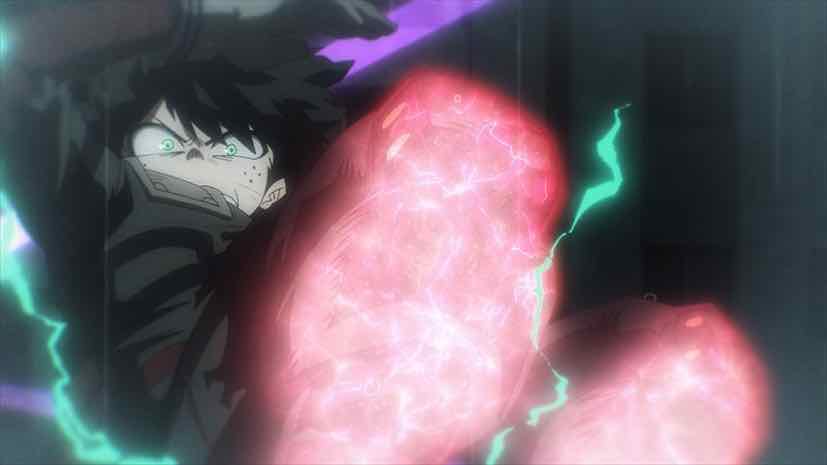
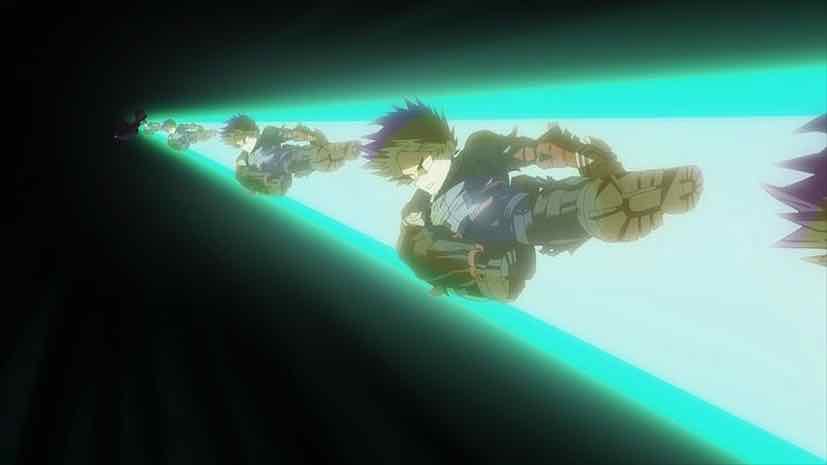
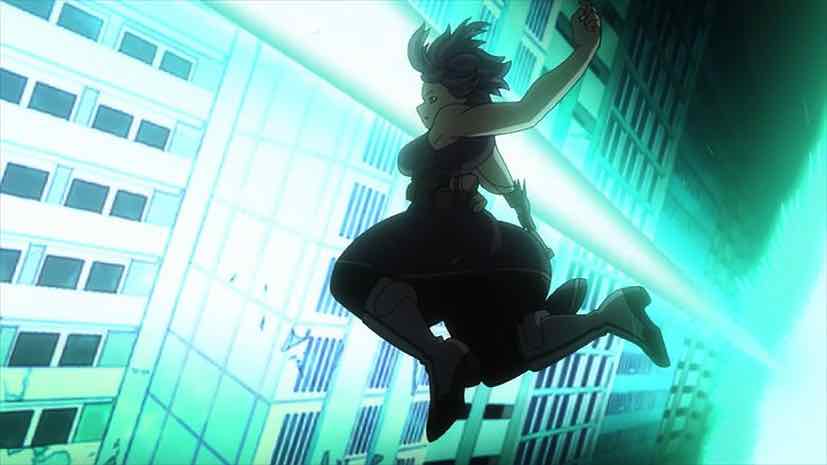
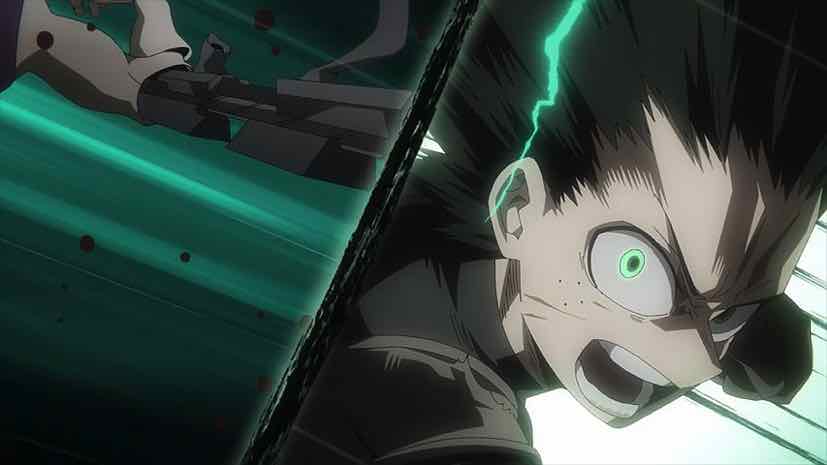
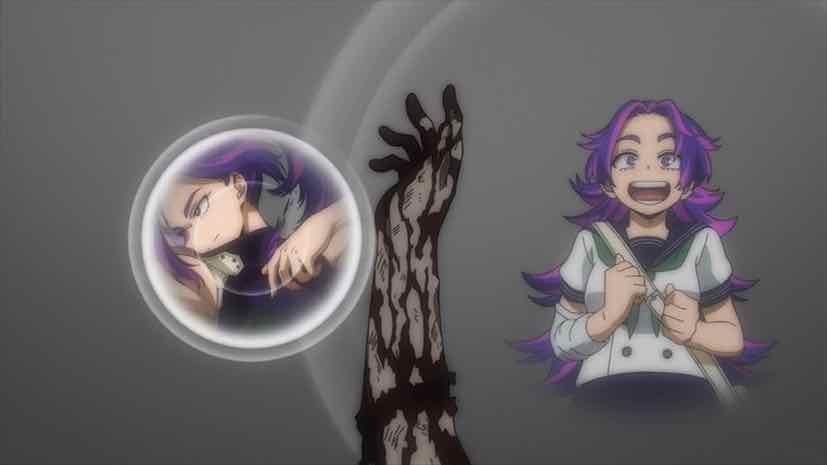
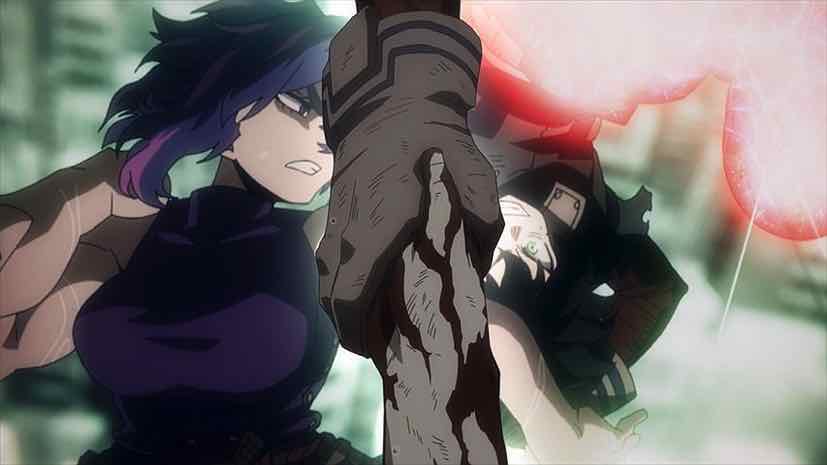
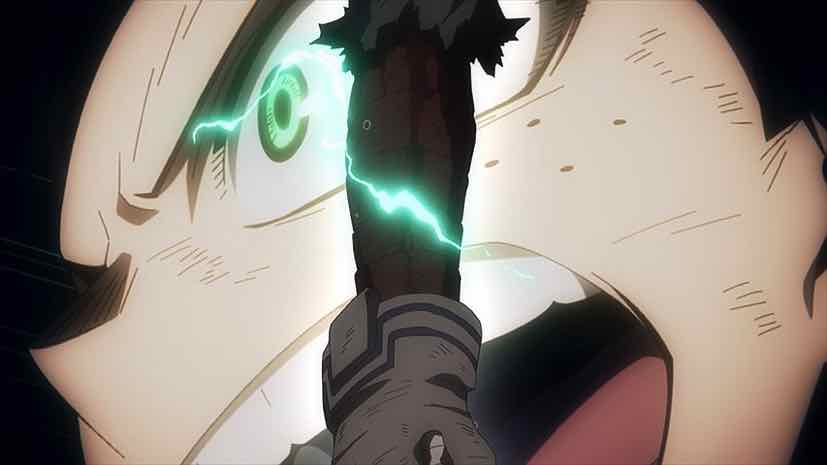
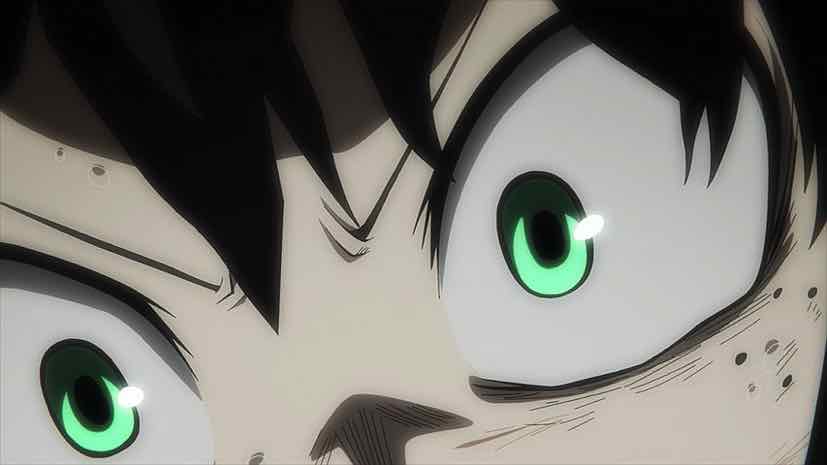
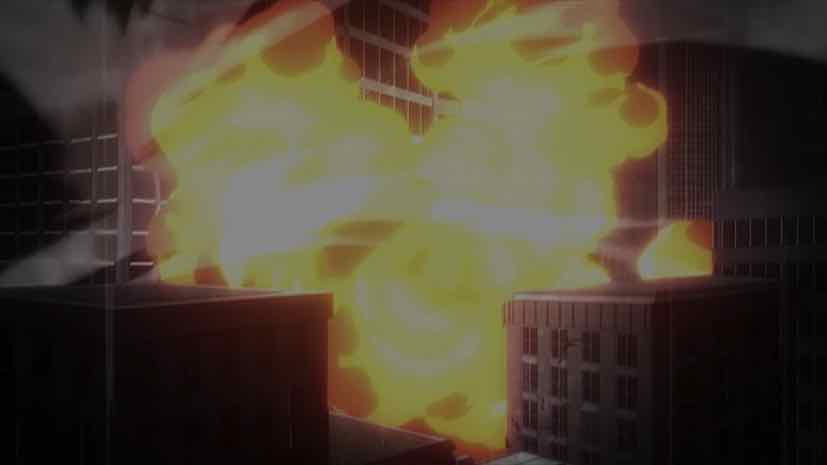
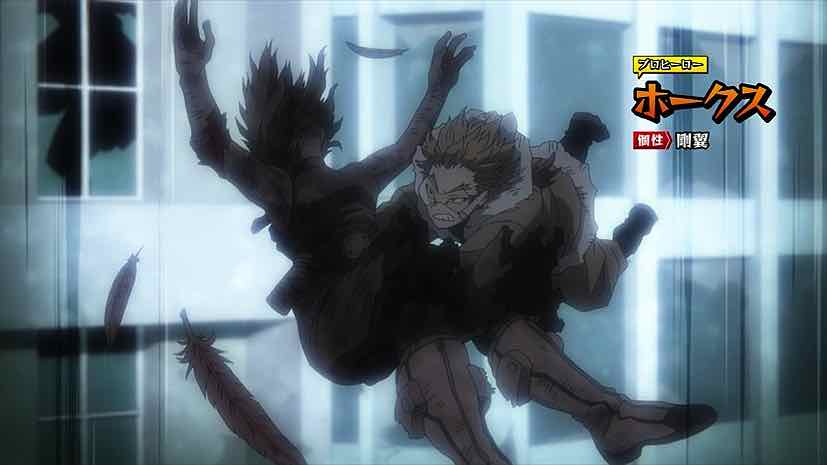
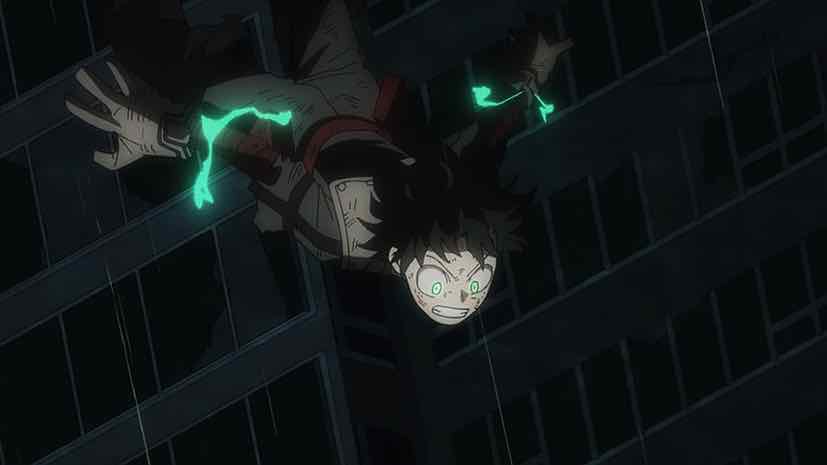
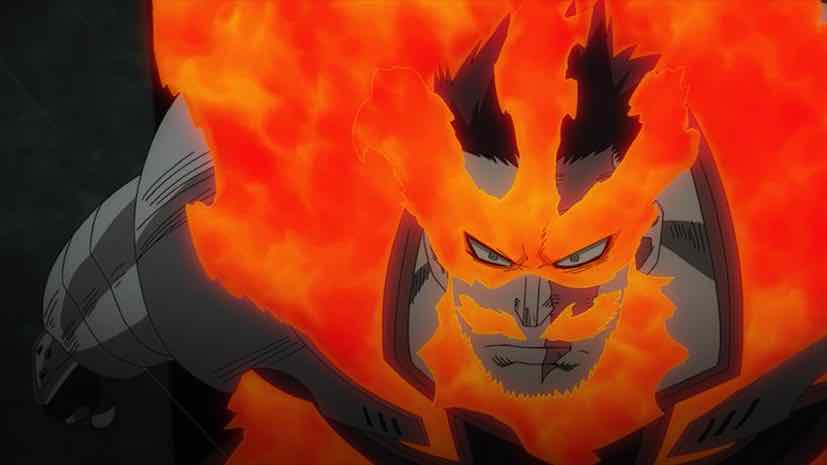
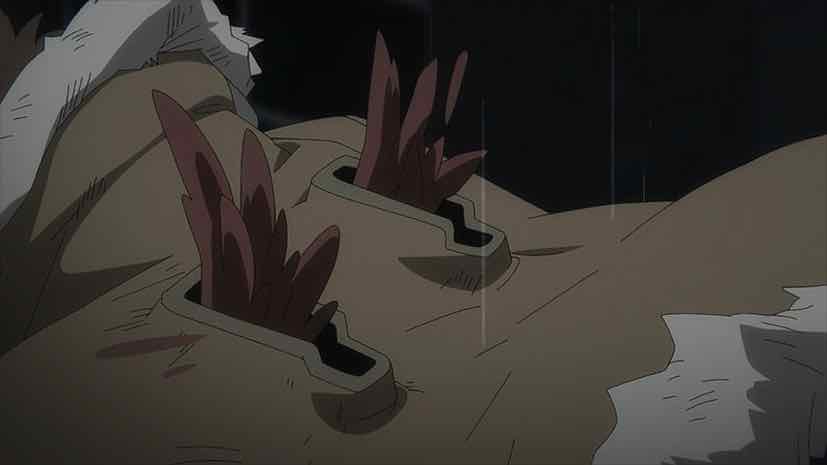
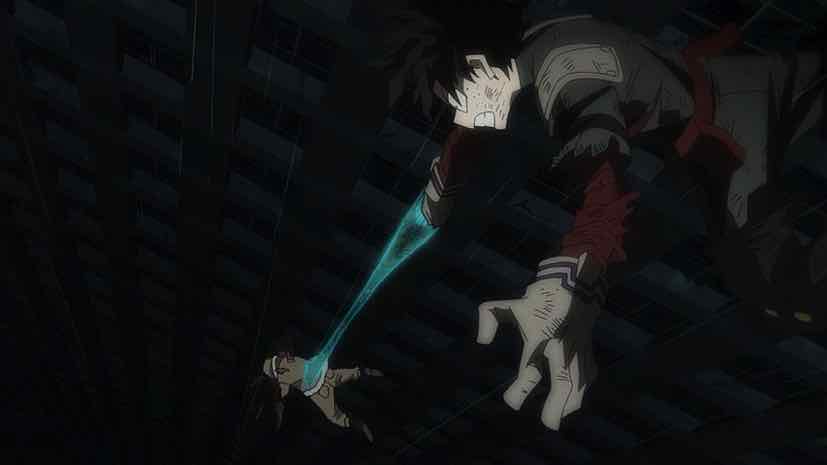
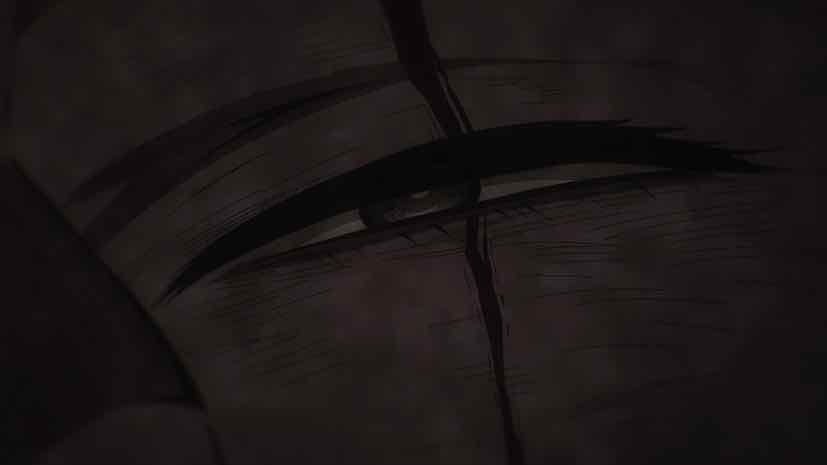
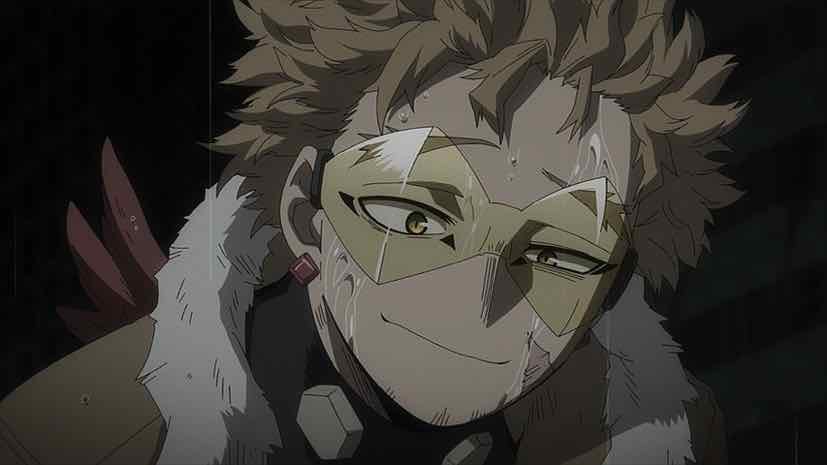
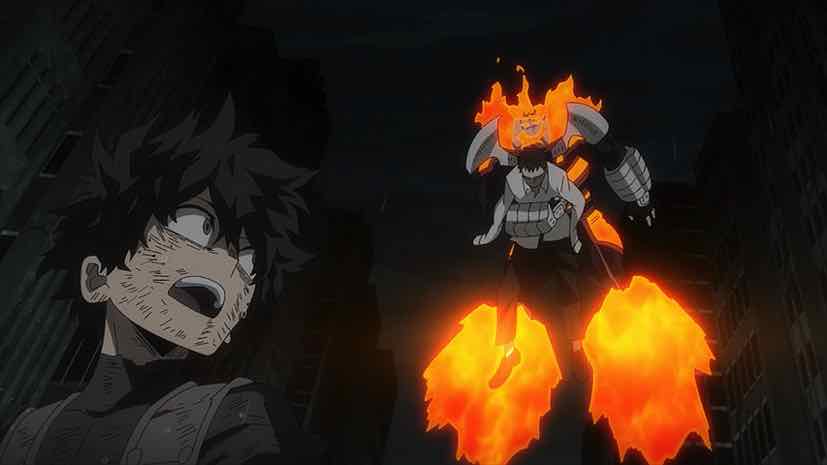
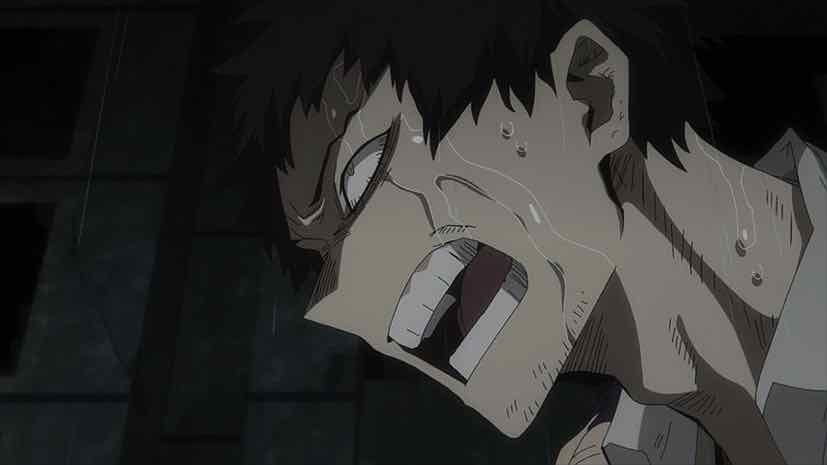
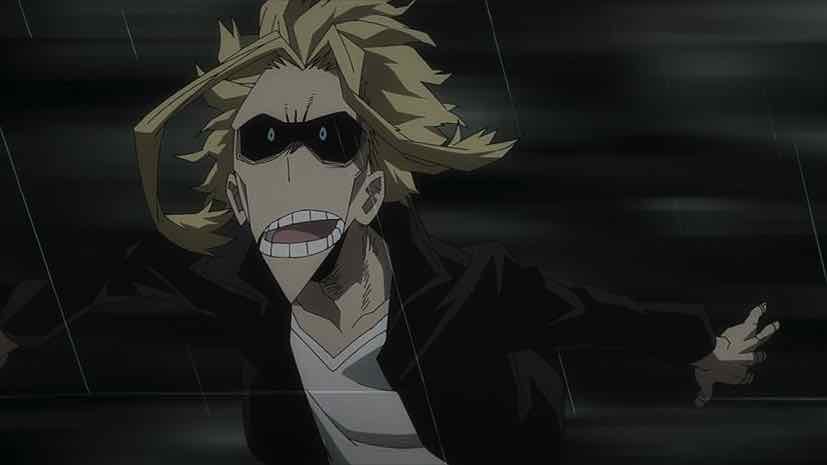
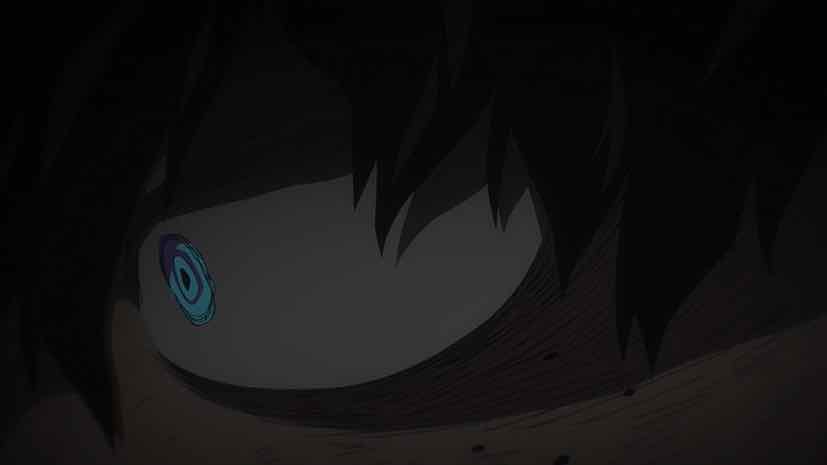
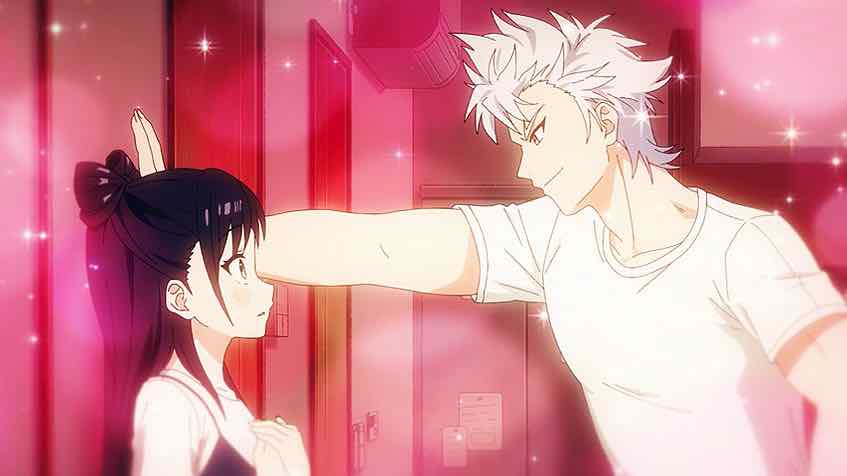
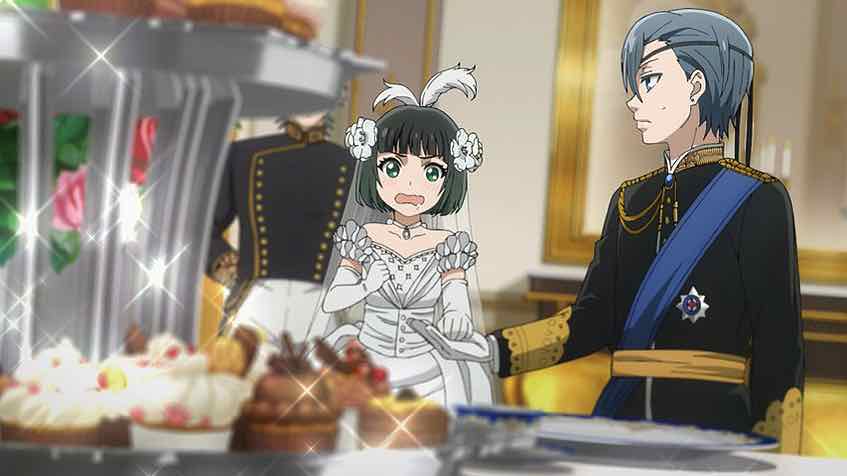
DukeofEarls
February 28, 2023 at 9:32 amThis episode was a nice shot of idealism, which was the original pull of the series for me (prior to the Endeavor arc muscling its way in). I would have to agree that this season is in the running for the best so far. As you said, I love Izuku’s evolution — from a boy who idolized heroes in a childish way, to a young man who perceives the nuance and confusion of a cynical world that lacks any true moral center, but rejects the call to cynicism all the same.
His ideals, while perhaps formed from an illogical or ignorant starting point/foundation, persevere for the better of those around him. In fact, he’s a case study for why someone like Nagant or Hawks is needed – you could call it propaganda or even brainwashing, but society probably is better off putting its best face forward, lest it collapse in on itself by being naively honest.
I can’t speak for anyone else, but this is the stuff that has kept me watching shounen battle anime for over 20 years now. My day to day life, as I’m sure is true for most of you, is filled with cynical “it is what it is” compromises in the face of a very flawed world that we feel powerless, within our limited lifespans and with our limited resources, to change. It’s one of the reasons I’m a little skeptical of the “subverting tropes/expectations” approach that’s so often lauded in modern fiction. We’ve been drawing strength from heroic stories since prehistory. The broader structure of a hero’s story doesn’t need subversion, at least for me.
Guardian Enzo
February 28, 2023 at 9:39 amI’m fine with subversion, if it’s well executed. But I agree, we’ve kind of gone overboard in that direction. BnHA is a really smart, nuanced traditional take on the superhero mythology. In time it will be recognized as the modern classic that it is.
As I said, what makes men (and boys) like Toshinori and Izuku truly heroic is that they stare into the darkness and rather than letting it engulfe them, they choose to try and be the light. Mirio has this quality too, which is why he was pegged as a possible future #1 despite having frankly a middling quirk. Hawks is fine for what he is, and probably more realistic in terms of outlook for most people. But Deku and All Might aren’t naive – they just choose a path of idealism because someone has to.